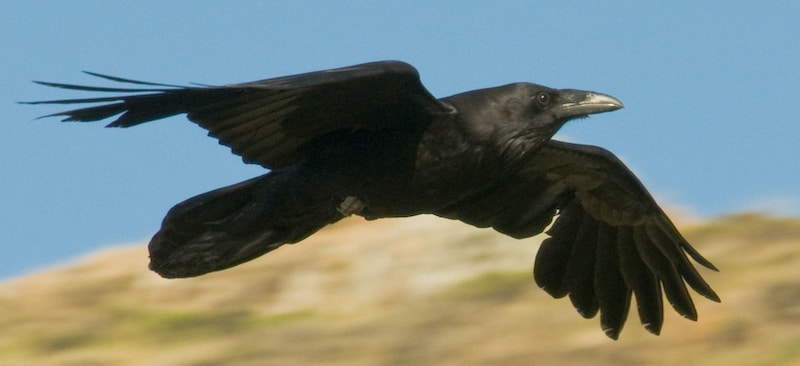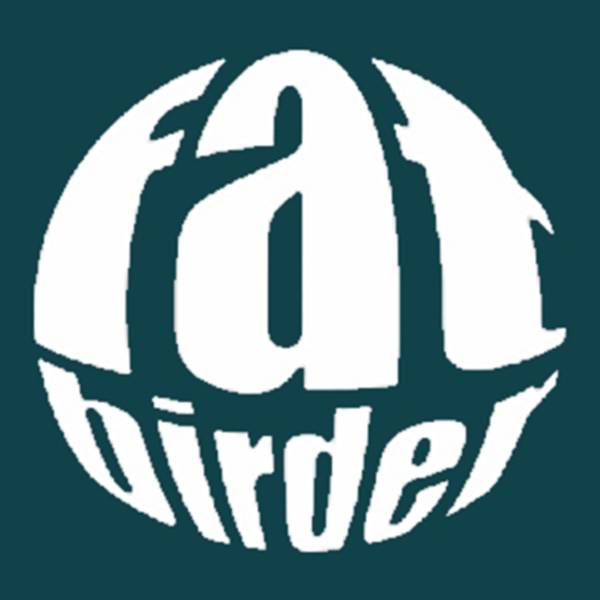A few weeks ago, had we come across the term ‘Covid-19’ we might reasonably have assumed it was the designation of a particular crow. Now it is not just part of our perception it has rapidly become the centre of our world.

When a son says to his mother… “for Mother’s Day I’m thinking of booking you a cruise” we no longer bask in the light of a boy’s love for his mum, but assume he is looking for an early inheritance. Travel has gone from the being the everyday chore of business executives or a once a year, wished-for birding luxury to a dangerous punt at best to totally forbidden at worst. We are jealous of those who got their trip in early but no longer envy them. Many of us hovered on the edge of cancelling a trip only to find we have been pushed over that precipice by decisions made for us far away. I can no longer allow my mouth to water at the prospect of enlarging my world list in Arizona or scanning the skies above the Grand Canyon for Californian Condors.
Worse yet, my self-satisfied smirk at having booked really cheap, but non-refundable flights, has been wiped off my face and replaced by the grimace of losing a lot in other deposits I cannot recoup. If the pandemic fizzled out tomorrow I could not afford to re-book this year.
My many friends who run birding tour companies or guide for them are feeling sad for their customers and fearing for their own financial futures. The pandemic is not only the most life-threatening for a hundred years for some of us, but likely set to trigger a financial crisis not seen for nearly a century too. Unless governments act fast and ensure that the whole economy follows one path thousands of companies will perish and millions could be out of work. The travel industry is being hit hard and fast. Airlines, cruise ships, hotels and restaurants that cease operating may never re-emerge.
Virtually every economy worldwide will be adversely affected and recovery is likely to be a slow process. Meanwhile hundreds of thousands will succumb and some thousands will die and that is the optimistic scenario.
Here in the UK those over seventy years old and others with pre-existing conditions are already self-isolating with or despite government advice. But social distancing does not necessarily mean confining yourself to house and garden. If the scientific community has it right then avoiding touching hard surfaces and hand-washing when you do and keeping at least two meters from other people will be sufficient to stop you from being infected. The trouble is that while many carefully observe the protocols others stupidly flout them, presumably believing they are immortal! As a knee-jerk reaction, it is not just birders heading out into the countryside, lots of people think they are safer that way, when, in fact staying indoors is the safest options. Why? Well, for one thing no area is immune and rural health service will break much quicker if the fools who run to the Scottish Highlands, rural East Anglia or the Cornish Riviera become sick. Second home owners stay away!
However, there is nothing to stop you driving your car (filling up at the ‘Pay at Pump’ option then sanitising your hands). The great outdoors is safer than confined spaces where people gather, but there needs to be some sensitivity observed both by those avoiding the virus and everyone else who feels they need not. STOP PRESS – In UK this is no longer allowed
Most reserves have closed visitor centres, cafes and even toilets, but the reserves themselves are staying open.
Here are some guidelines for birders: ONLY FOLLOW HESE RULES IF ALLOWED OUT – so NOT in UK
- Social distancing will be difficult in hides, avoid using them and, if you do, leave when others arrive so they do not become crowded. Take your hand-sanitiser with you to use after opening latches and doors.
- Respect other birders’ distance. Medical advice is that a safe distance is two metres from others; that’s three paces away. That applies to friends as well as strangers. Good friends don’t even need to bump elbows.
- DO NOT TWITCH! A twitch is a social gathering and gatherings spread the virus. Find your own birds and be satisfied with what you see. This is a good year NOT to keep a year list, one to study behaviour and rejoice in birdiness not rarity.
- Think things through like packing a sandwich and drinks, fuel stops and parking so that you can follow the rules that will keep us all healthy.
- Lastly, make outings no more than a weekly treat. Why? Because the fact is that smog has disappeared from Chinese and Californian cities because we polluters are not driving around. This is damn good news for the wild world. Besides, if we all go out every day reserves and other wild places will get crowded and the object of the exercise – staying fit and healthy – is lost. You don’t have to be out of doors to exercise; one enterprising Italian has run a marathon on his balcony!
A bird-guide owner of a Spanish B&B is birding everyday from his garden and has noticed how much more bird song he can hear now the traffic noise is missing.
I’ve now been in social isolation for three weeks – and yet still manage to see some birds in my tiny urban garden and even my home office window.
Let’s make this enforced homestay work for nature too.
